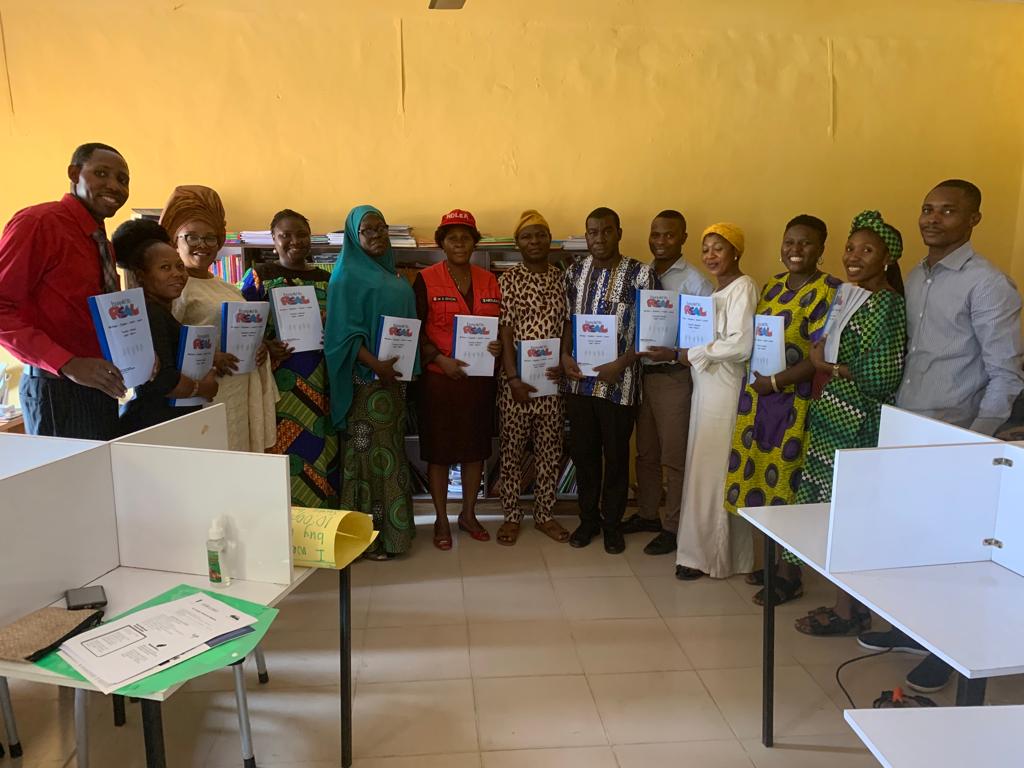keepin’ it REAL: Pilot test in Nigeria

7th-grade students from 8 schools in Lagos, Nigeria
Daniel Ikenna Molobe
Flavio F. Marsiglia, PhD
Stephen S. Kulis, PhD
In collaboration with Unified Initiative for a Drug Free Nigeria, GCAHR facilitated the implementation of a pilot to assess the feasibility, acceptability, and utility of the adapted keepin’ it REAL (KiR) program in Lagos, Nigeria.
The project goals were to inform potential cultural adaptation of the KiR program; determine whether the program produced desired effects on substance use behaviors, attitudes, and resistance skills; estimate the effect sizes, and assess the acceptability and feasibility of the program from the perspective of multiple stakeholders.
The study utilized a mixed-methods approach to evaluate the implementation and impact of the KiR substance use prevention program among junior secondary school students in Lagos, Nigeria. Conducted in eight public schools across two local government areas, the study included 532 students aged 11 to 13, with 460 completing both pretest and posttest surveys.
Four schools received the KiR intervention, while four served as controls. The intervention comprised ten interactive lessons delivered over 12 weeks by trained teachers, incorporating role-play, videos, and discussions of the REAL strategies (Refuse, Explain, Avoid, Leave).
Data collection included student surveys, teacher interviews, student focus groups, and fidelity observations. Quantitative measures assessed changes in knowledge, attitudes, and behaviors related to substance use, while qualitative data captured perceptions of program feasibility, acceptability, and implementation challenges. This comprehensive approach allowed for an in-depth examination of how the KiR curriculum was received and implemented in a low-resource school setting.
Data analysis is underway, but the baseline survey showed that 25% of the students had used alcohol, 5% other hard drugs, and 3% inhalants, tobacco, and/or marijuana. Peer offers were reported by 15% of students, making them the most common source. The survey found that alcohol (16.9%) and tobacco (16.7%) were the easiest substances to obtain.
Molobe, D. I., Odukoya, O., Balogun, M., Marsiglia, F. F., & Kulis, S. (2024, June 26–28). The assessment of drug use experiences among Junior Secondary School students: A pre-evaluation for Keepin’it REAL pilot intervention in Lagos State [Conference poster]. ISSUP 2024 Thessaloniki: The Art of Healing – A New Era in Substance Use Prevention, Harm Reduction, Treatment and Recovery Support.
Molobe, D. I., Odukoya, O., Balogun, M., Marsiglia, F. F., & Kulis, S. (2024, June 14–17). Drug use experience among junior secondary school children in Lagos: A baseline survey for Keepin’ it REAL pilot intervention [Conference poster]. NIDA International Forum, Montreal, Canada.